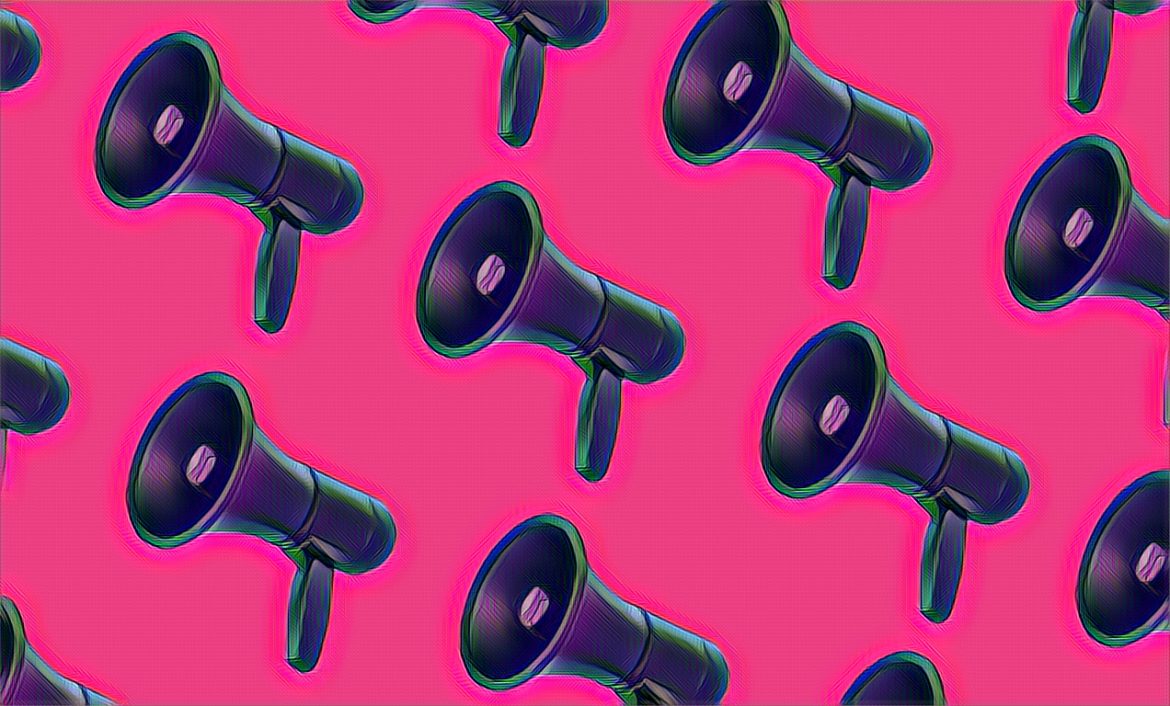Social media has emerged as a powerful tool for social change in Nigeria and Africa, giving voice to the voiceless and amplifying the demands of the oppressed. From the #EndSARS protests in Nigeria to the #ShutItAllDown movement in Namibia, social media has enabled people to mobilize, organize, and resist injustice, corruption, and violence.
The #EndSARS protests in Nigeria, which started in October 2020 and lasted for several weeks, were sparked by a viral video of a young man being killed by the notorious Special Anti-Robbery Squad (SARS), a police unit accused of extortion, torture, and extrajudicial killings. The protests, which were largely coordinated through social media platforms such as X (formerly Twitter), Instagram, and WhatsApp, quickly spread across the country and gained international attention and solidarity. The protesters used hashtags such as #EndSARS, #EndPoliceBrutality, and #SARSMustEnd to raise awareness, share information, and demand accountability from the government. They also used social media to crowdfund resources, document human rights violations, and provide legal and medical assistance to the victims.
The #ShutItAllDown movement in Namibia, which began in October 2020 and continued into 2021, was triggered by the brutal rape and murder of a 22-year-old woman by a taxi driver. The movement, which was largely driven by young women and feminists, used social media platforms such as X (formerly Twitter), Facebook, and Instagram to call for an end to gender-based violence and femicide in the country. The protesters used hashtags such as #ShutItAllDown, #JusticeForShannon, and #NamibiaIsBleeding to express their outrage, share their stories, and demand action from the authorities. They also used social media to organize marches, rallies, and sit-ins nationwide and beyond.
These are two examples of how social media has empowered marginalized and oppressed African communities to challenge the status quo and demand justice. Social media has also enabled journalists, activists, and ordinary citizens to expose corruption, human rights abuses, and electoral fraud in countries such as Uganda, Zimbabwe, and Mali. Social media has also fostered solidarity and collaboration among different movements and groups across the continent and the diaspora.
However, social media is not without its challenges and limitations. Misinformation, hate speech, trolling, and cyberbullying are risks social media users face online. Moreover, many governments have responded to social media activism with repression, censorship, surveillance, and intimidation. For instance, the Nigerian government banned X (formerly Twitter) in June 2021 after it deleted a controversial tweet by President Muhammadu Buhari that threatened secessionist groups in the southeast. The Ugandan government shut down the internet during the presidential election in January 2021 to prevent opposition leader Bobi Wine from communicating with his supporters. The Zimbabwean government arrested several activists and journalists for allegedly inciting violence through social media during anti-government protests in July 2020.
Despite these challenges, social media remains a vital platform for amplifying the voices of the marginalized and oppressed in Nigeria and Africa. As more people gain access to the internet and digital devices, social media will continue to play a key role in shaping the political and social landscape of the continent. Social media has shown that it can be a force for good, for democracy, for human rights, and social justice.


